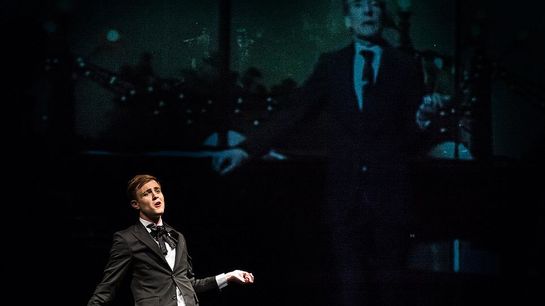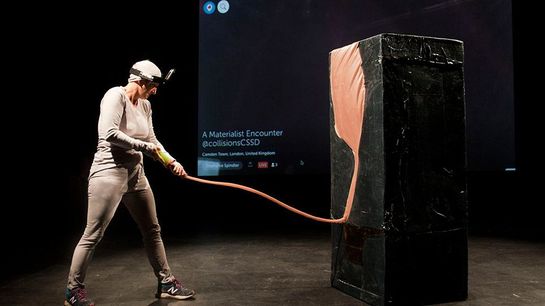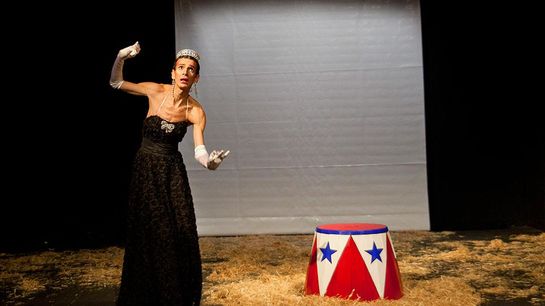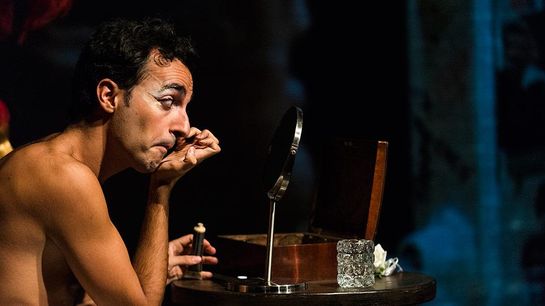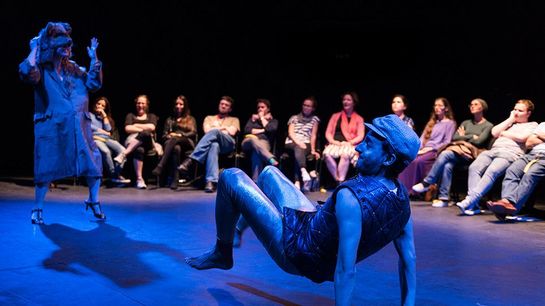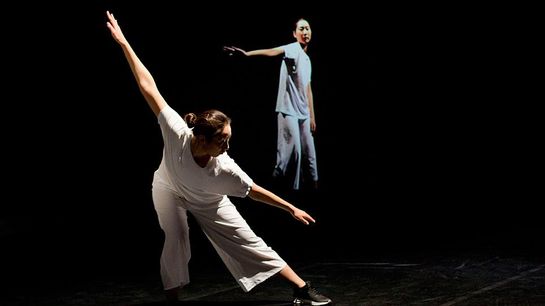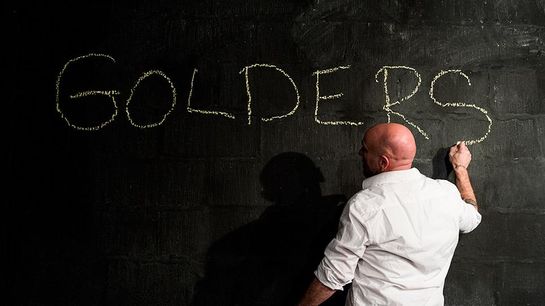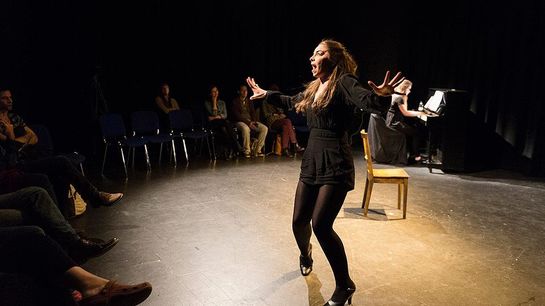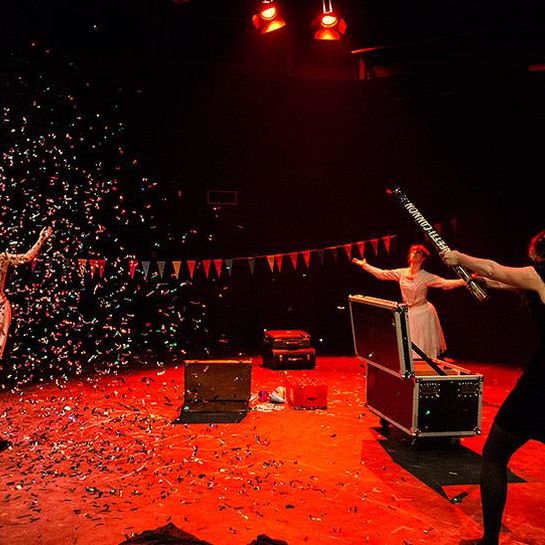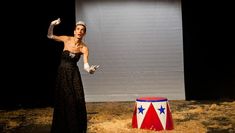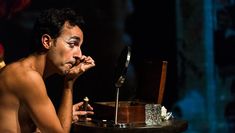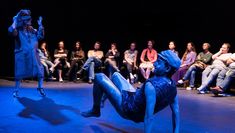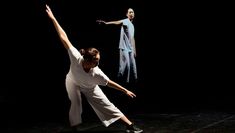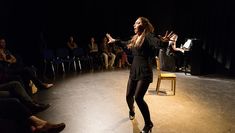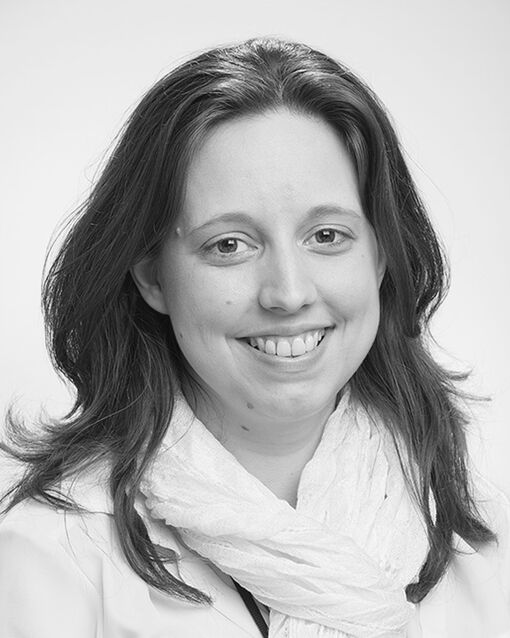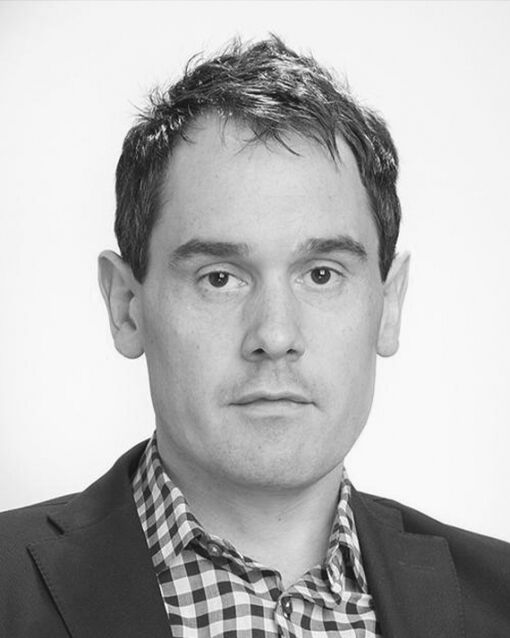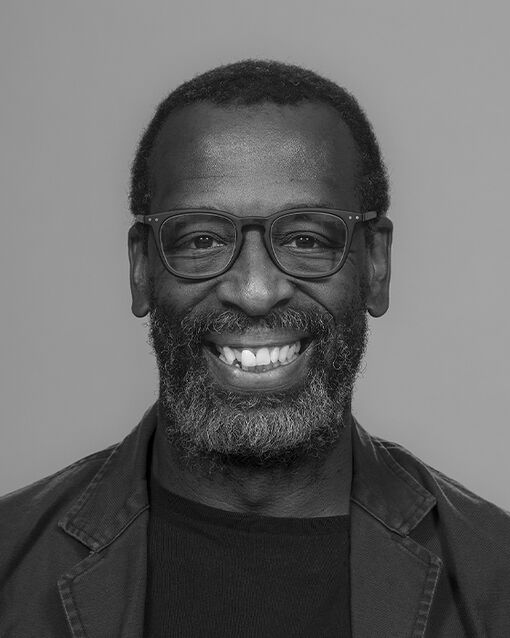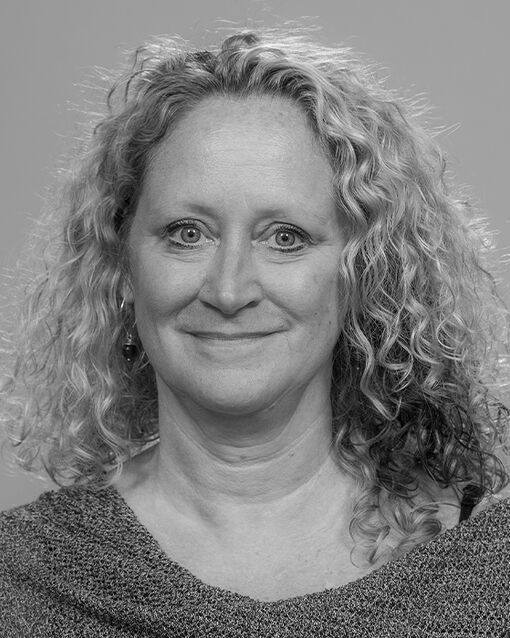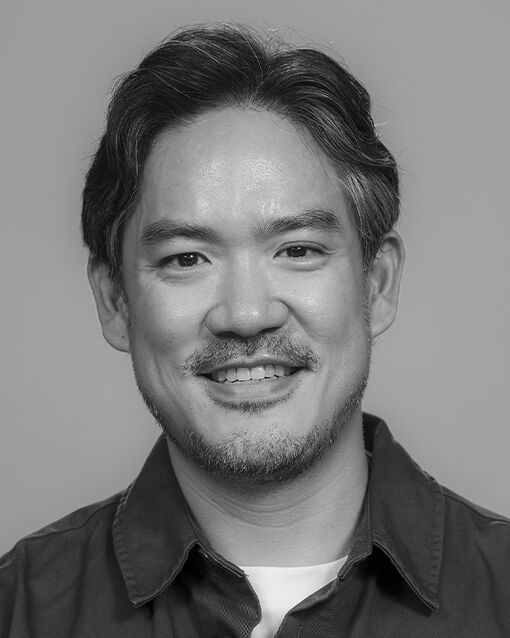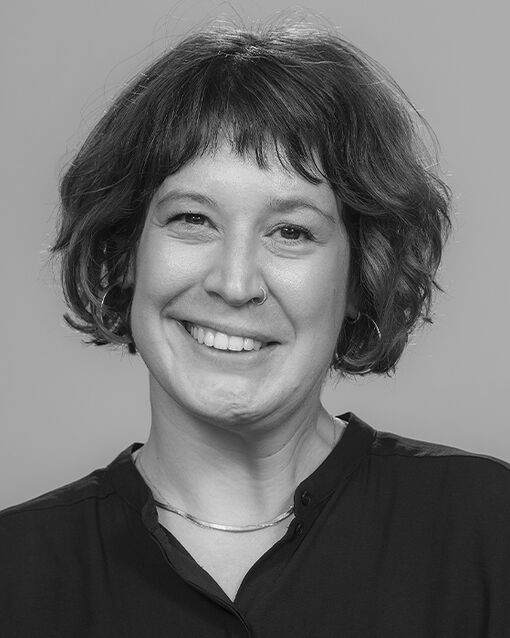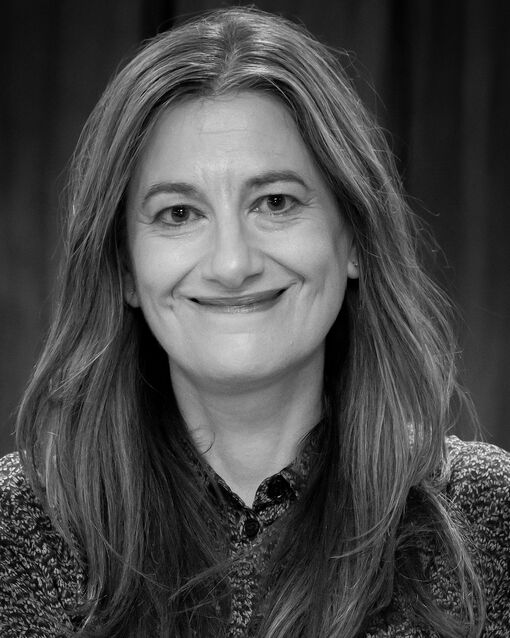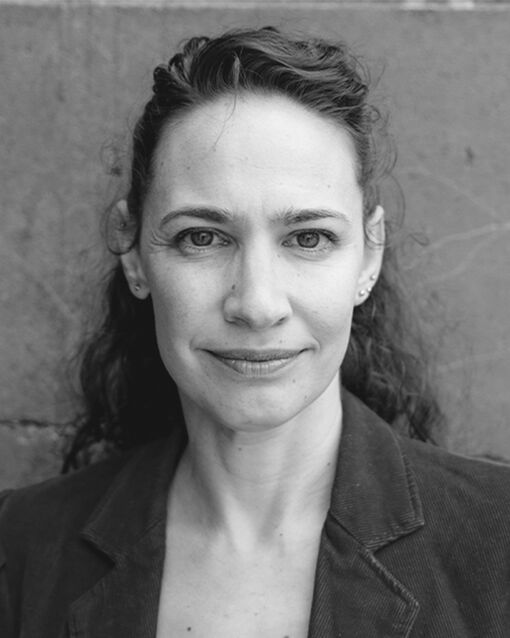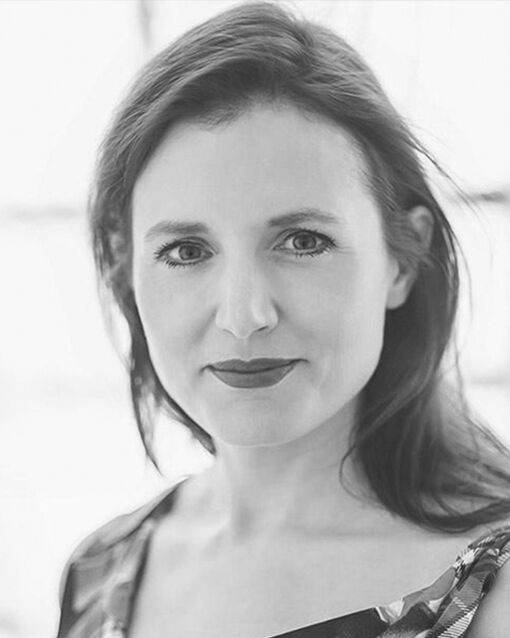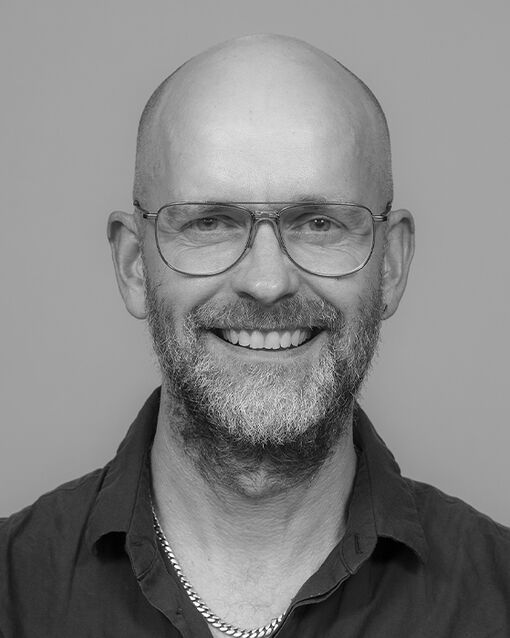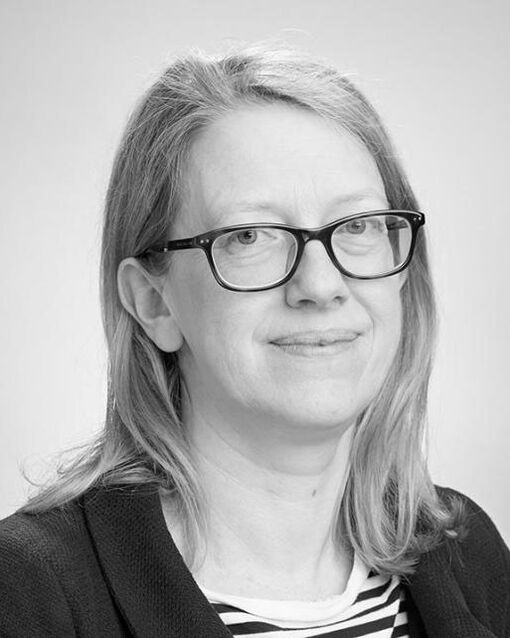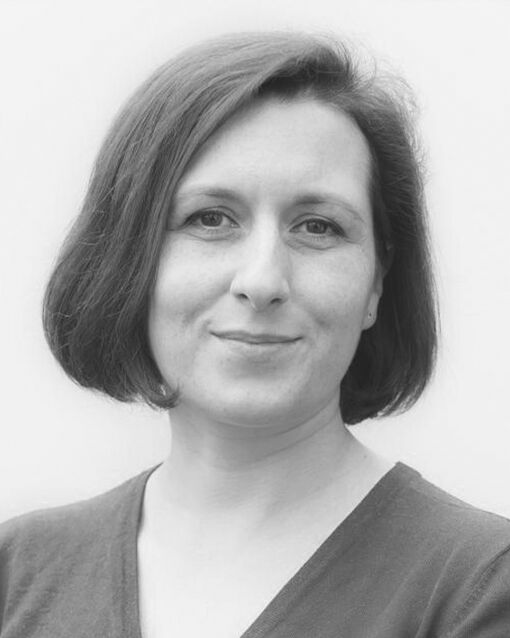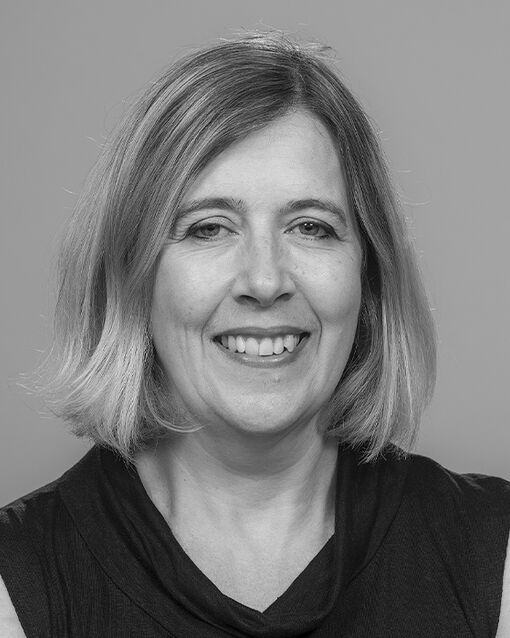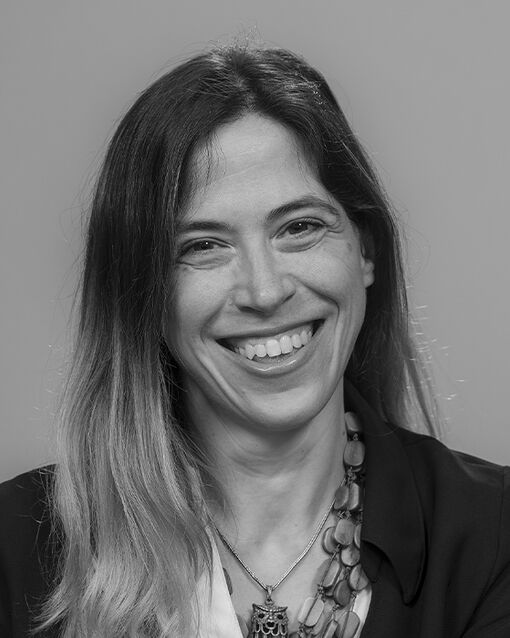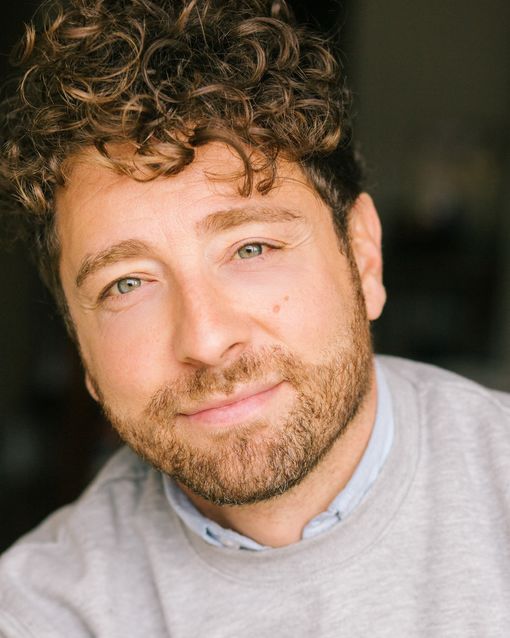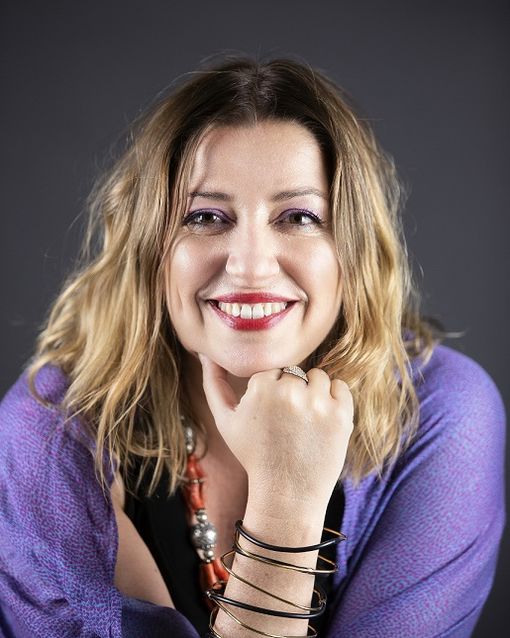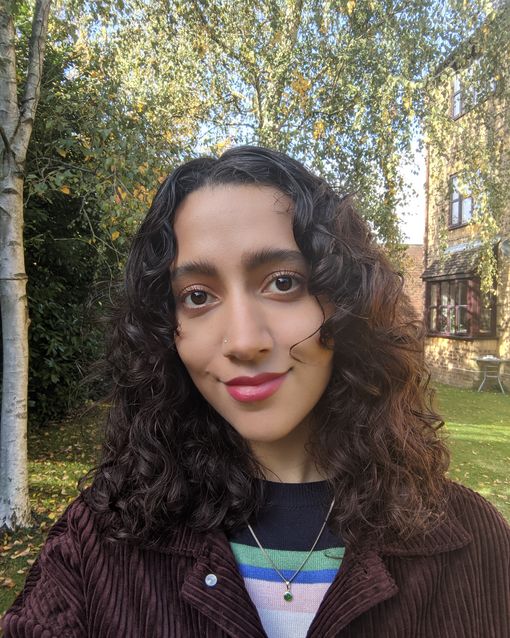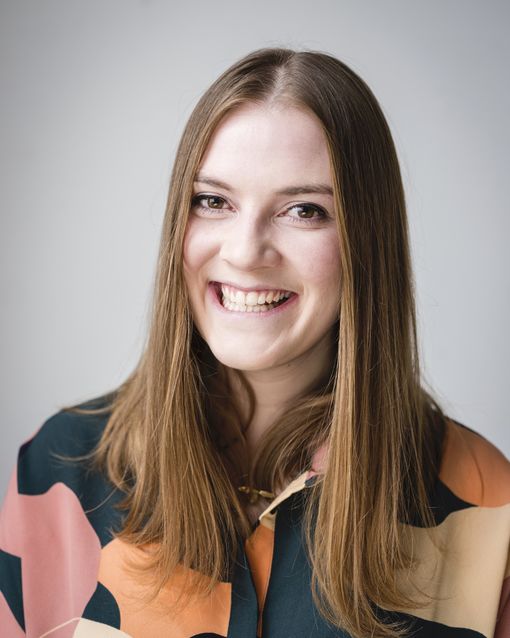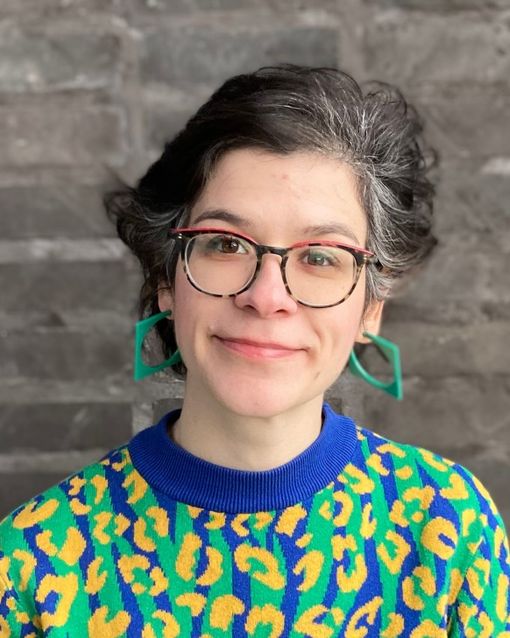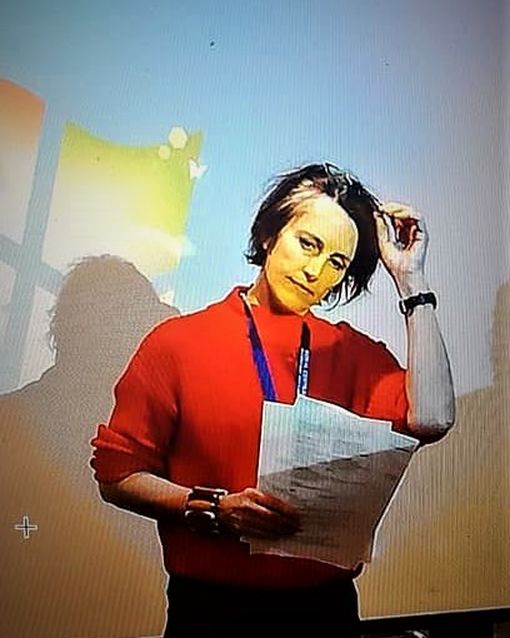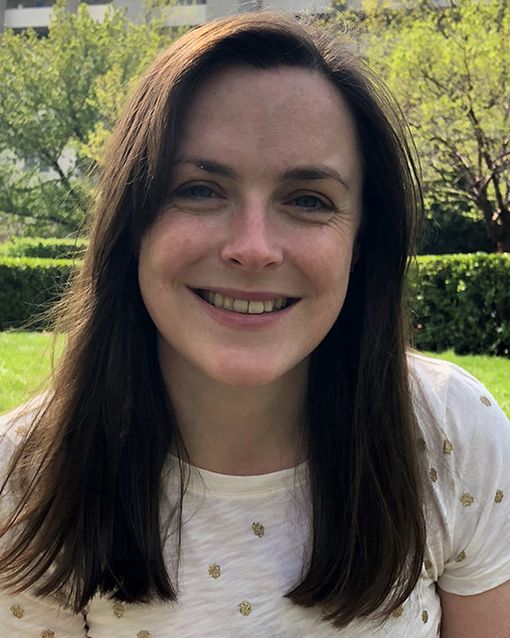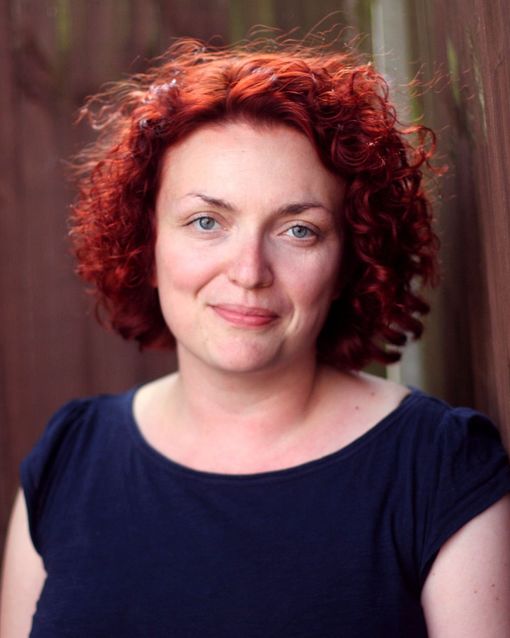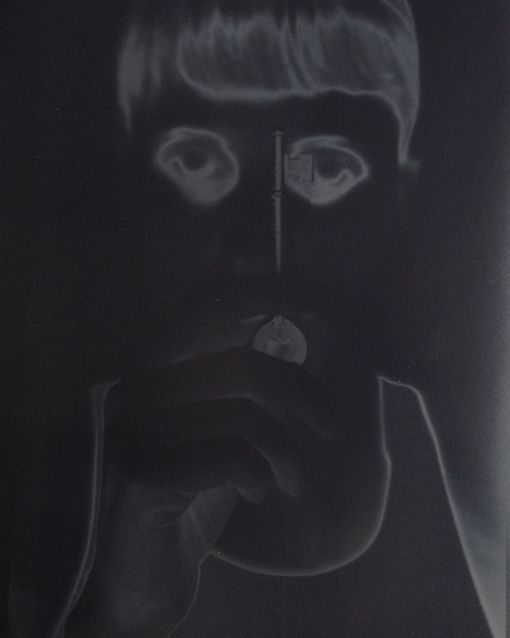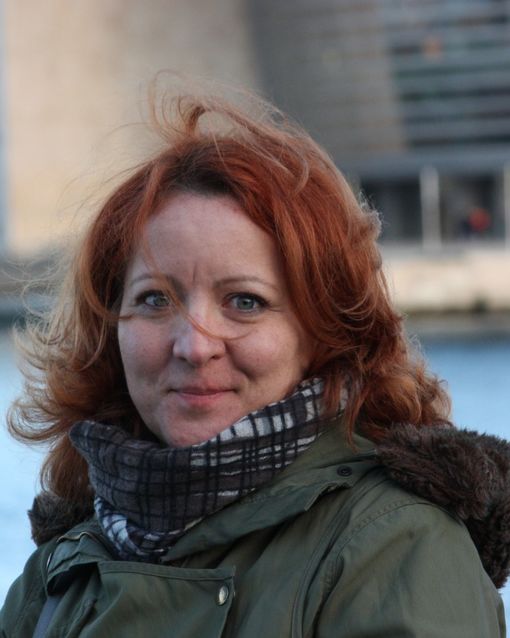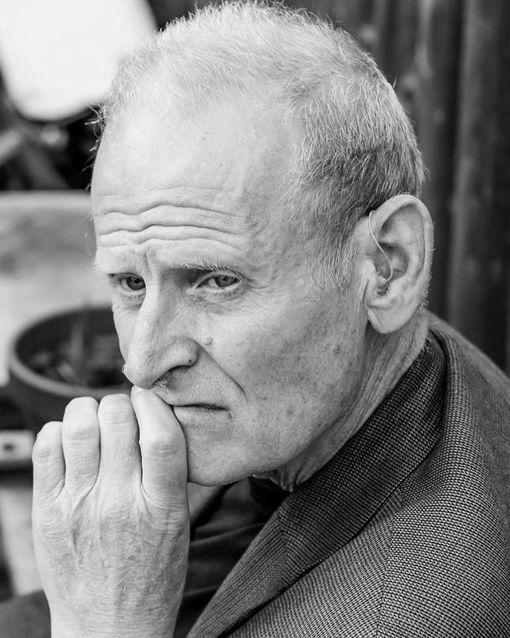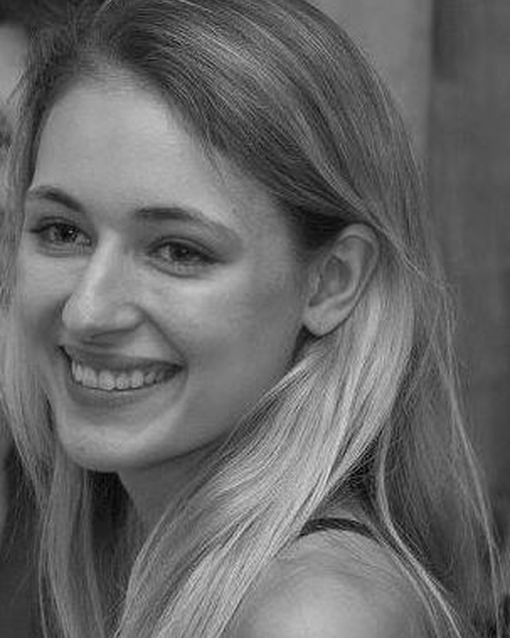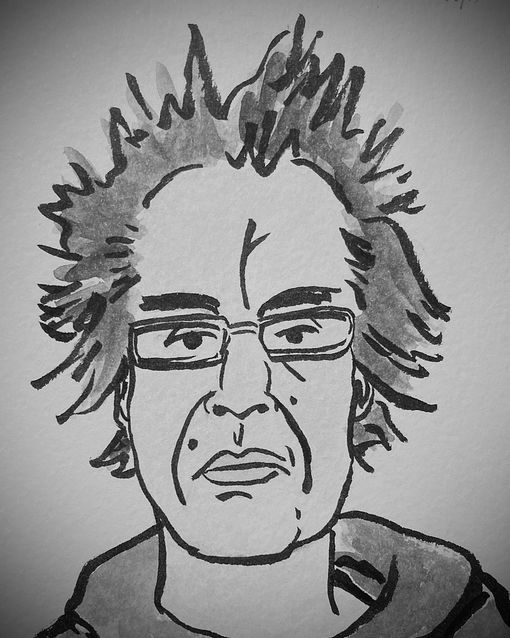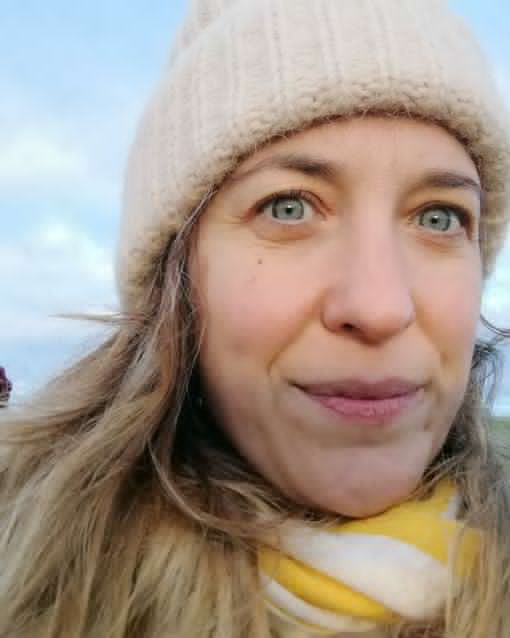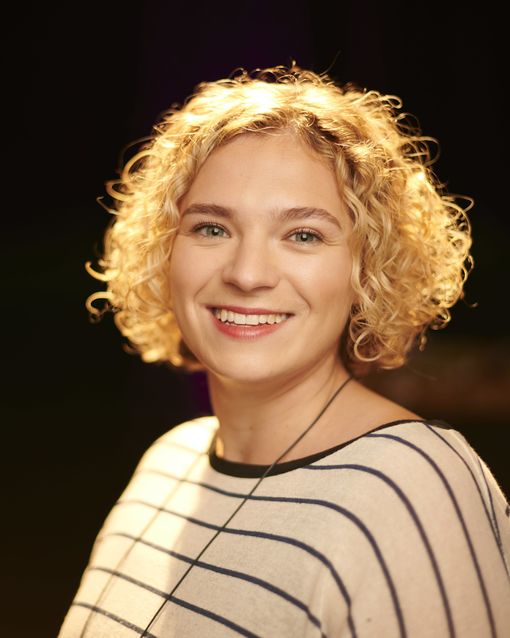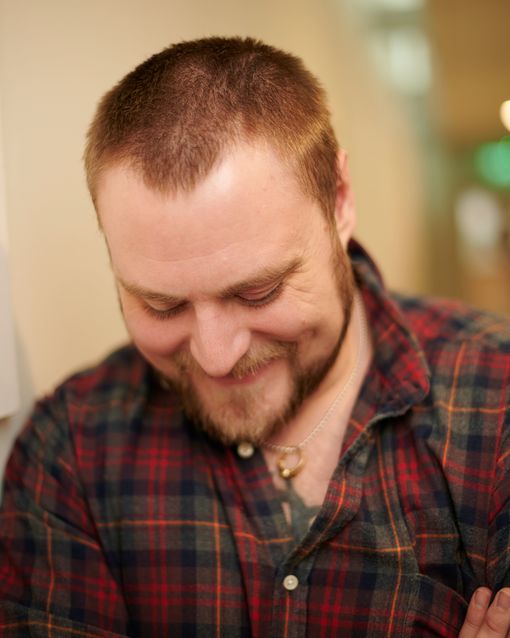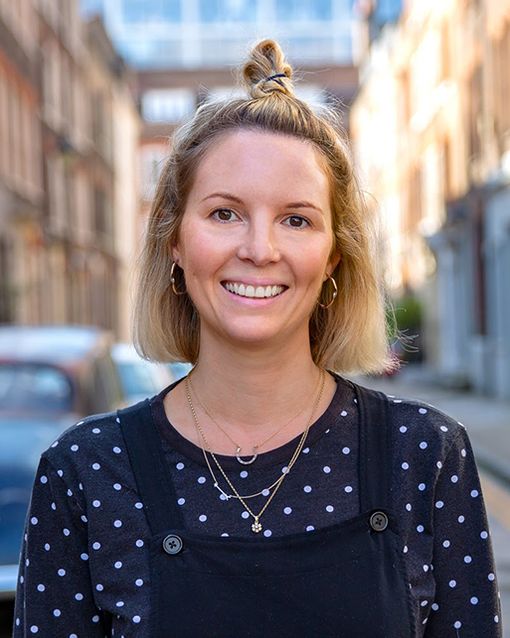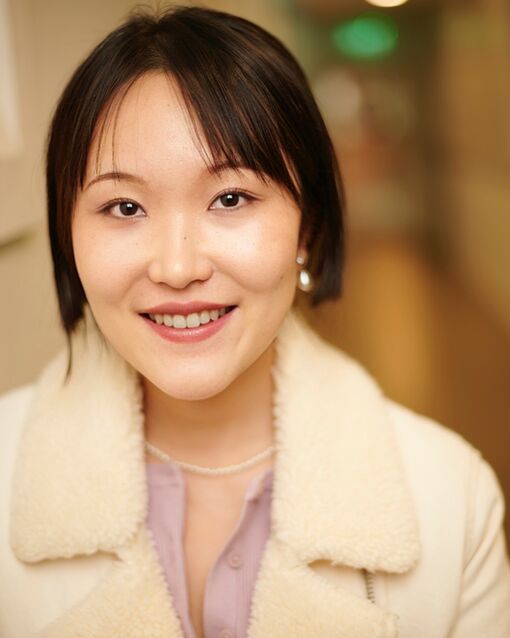Course information
Buttons
Research Degrees
“a community not a programme” - Joe Parslow, PhD alumnus
We support doctoral projects that explore contemporary practices of theatre-making and performance, their cultural histories and lineages, and marginalised and underrepresented theatre traditions and practitioners. Central is renowned for its strong track record in producing both practice-and text-based academic research. Supervisors are experts in drawing connections between experimental practice and research methodologies; between making and doing and thinking and articulating.
As a doctoral student at Central, you will be fully immersed in our research culture, which is one of critical enquiry, innovation and experimentation. You will be engaged in exploring new and pioneering ideas and practices under the supervision of research active staff, many of whom are the leading scholars and practitioners in their fields. At the last Research Excellence Framework (2014), over two-thirds of the research submitted by Central was judged to be ‘internationally excellent’ or ‘world-leading’. The School has been described as an example of ‘the emergence of a new kind of research institution in the performing arts, bridging the creative industries and the academy.’ Central also hosts a vibrant post-doctorate community that includes AHRC research assistants/associates, Leverhulme Trust and British Academy researchers, and visiting international researchers.
Your eventual PhD submission may either be a single and sustained written thesis, or it may feature artistic practice submitted alongside a written component. Bridging the creative industries and the academy, with its industry-caliber facilities, its proximity to internationally recognised research libraries and archives, and neighbouring London’s vibrant theatre scene, Central offers a rich and stimulating setting for conducting research into theatre, drama and performance.
Central is a member of the London Arts and Humanities Partnership (LAHP), which awards AHRC-funded studentships on an annual basis through open competition.
Accordion
-
Why do a PhD at Central?
Benefits for a research student studying at Central include:
- Central offers a wide choice of potential supervisors with the largest grouping of drama/theatre/performance specialists in the UK
- developing and sharing work in a supportive, high-level academic environment that is also equipped for practice research
- being located close to the British Library and the University of London’s Senate House Library, to which Central students have access
- having easy access to the cultural centre of London with its performance venues, archives, museums and theatres.
As a PhD student at Central you will be welcomed into our community of researchers – comprising both staff, post-doctoral investigators and postgraduates – who contribute to the vibrant intellectual life of Europe’s most pre-eminent theatre-research conservatoire. You will benefit from the comprehensive support package that we offer all our postgraduate researchers: students are supported through close individual collaborations with their supervisors – drawn from Central’s large pool of specialist staff, which includes some of the UK’s leading researchers in theatre, drama and performance. With professional expertise in all aspects of theatre-making and world-class facilities, Central is also uniquely equipped to support researching practitioners. Our library boasts an extensive range of theatre publications and electronic resources as well as specialist collections.
You will participate in our systematic research training and methodologies programme led by Central’s research active staff as well as guest-speakers – many of whom are internationally recognised scholars and artists. Students also benefit from Central’s public engagement and external partnership activity (both within and beyond the creative and cultural sector), as well as with industry partners. As an integral part of the institution, postgraduate researchers enjoy many teaching opportunities across our undergraduate and postgraduate taught courses, supported by an accredited pedagogies unit. You will contribute to the intellectual life of the school further by organising and participating in an annual post-graduate conference, Intersections, and our festival of practice-based work, Collisions.
Those thinking about a research degree, but who are unsure if they are ready, should consider undertaking an MA or MFA course first, if you do not already have that level of qualification.
-
Our Resources and Facilities
There are many resources that postgraduate students can count on at Central. These include our staff base, our events, our facilities and location, and our industry connections.
PhD students can all draw on Central’s industry-standard physical resources. These include:- the Embassy Theatre, a licensed proscenium arch theatre seating 234 with full flying and sub-stage facilities;
- 6 performance studio theatres;
- 16 rehearsal studios and movement rooms;
- 9 music practice rooms;
- specialized technical workshops including a full theatre craft studio (with a costume archive of 500 original items); a scenic workshop for scenic construction and art; a props studio; a puppetry studio; experimental lighting studio; and a media/CAD suite
- 4 digital media editing rooms.
As well as these in-house resources, we access a number of external venues and festivals for specific projects (as with The Pleasance; Theatre Peckham; Curve, Leicester; Queens Theatre, Hornchurch). Our Technical & Production department comprises 15 staff to support these facilities and to train students in their use.
Central is minutes away from the theatres, museums, libraries, galleries and clubs of London, one of the unequalled resources in the world for theatre-related study.
See some of our facilities in this video
-
Research Projects
PhD Projects
Central’s PhD programme caters to a broad range of research interests from theoretical and historical studies to practice-based or practice-informed projects. Current PhD projects cover topics such as the history of performance lectures, the relationship between film and theatre, and theatre and the civil wars in Spain and former Yugoslavia.
A large proportion of our projects are located in the area of applied and social theatre, with its strong commitment to socially impactful research, as well as to research into culturally and politically relevant forms of theatre making. Research candidates working in this area are currently exploring a range of subjects including migrant and refugee theatre projects (in collaboration with Phosphorous Theatre company), and theatre with young people and vulnerable adults.
Collaborations
Much of our research is rooted in longstanding industry collaborations, networks and partnerships, across the creative arts and heritage sector. Research based on these partnerships intensified considerably following Central’s entrance to the LAHP2 AHRC consortium in 2018 (Arts and Humanities Research Council and London Arts and Humanities Partnership). Our LAHP policy has, in particular, centred on developing research conducted in relation to a non-HEI partner, funded via LAHP’s Collaborative Doctoral Awards scheme (CDA). This has been facilitated by Central’s industry-facing work which provides a strong platform to work with a range of partners outside the Higher Education sector who are interested in research outcomes.On this basis we have developed an ongoing collaboration with the National Theatre’s Black Plays Archive (BPA), where we have to-date successfully won two CDA studentships for Black candidates, with a further project in the pipeline. One principal motive behind the BPA CDA projects has been to extend knowledge of the history of black theatre making in Britain. This has led to a podcast series being produced with interviews with key practitioners, now available on the National Theatre website and plans to produce a range of materials for widening the interest in the archive within secondary schools. View our article about the launch of this project: Central, the National Theatre and the AHRC London Arts and Humanities Partnership Launch That Black Theatre Podcast.
A further CDA developed with ‘Archivio di Stato di Verona’, and awarded through LAHP, demonstrates Central’s ongoing commitment to research beyond Anglophone theatre contexts – in this instance, the project aims to increase knowledge in the UK of the work of the significant albeit relatively unknown female theatre practitioner, Franco Rame.
In addition to the LAHP (AHRC) CDAs, Central invested its own Research funds in devising a collaborative doctoral project scheme, with match-funding from key industry partners. This includes two co-funded projects: one with the Association of British Theatre Technicians (ABTT) and the second with the National Theatre Archive, both of which have enabled students to build impact, knowledge exchange, and industry-relevant skills into their research projects.
-
Visiting Doctoral Researchers & International Exchanges
Central offers the opportunity for suitably qualified students registered for doctoral study at a university or conservatoire outside the UK to spend a period of up to six months with us. Visiting doctoral researchers can benefit participate in graduate events, attend the training sessions, and gain from the wider opportunities that come with being part of the University of London and the London Arts and Humanities Partnership.
In 2015-16 we hosted a visiting doctoral researcher from the Pontificia Universidad Católica de Chile; in 2017-18 visiting doctoral researchers from the Universities of Brasilia, Valencia and the Complutense Madrid; in 2018-19 visiting doctoral researchers from VSMU (Academy of Performing Arts) Bratislava, and University of Valencia; and in 2019-20, Monash University, Central Academy of China, and Jawaharlal Nehru University.
Research and Knowledge Exchange Services are currently revising this element of Central’s provision. More information will be available in early 2023.
-
Staff Supervisors
Nicola Abraham is a multi-award-winning applied theatre practitioner and an academic.
Joel Anderson is an academic, writer, translator, and artist.
Sylvan Baker is a care leaver and an award-winning practitioner, researcher and an academic.
Selina Busby is an international theatre maker working with community groups, an author, academic, researcher, Principal Lecturer and the Course leader of the MA Applied Theatre at Central.
Broderick Chow is a scholar, educator, and artist whose work focuses on the intersections of theatre, performance, and sport.
Tom Six is an academic who works on performance and cultural production in relation to political life.
Diana Damian Martin is a researcher, educator and cultural organiser working at the intersections between performance, feminist politics and critique, and border abolition.
Maria Delgado is an academic, critic and curator whose work in the area of Spanish-language and European theatres and Spanish-language film has been published in eight languages. Maria is the Academic Staff Governor on the Board of Governors at The Royal Central School of Speech and Drama.
Kate is an academic, dramaturg, choreographer, and curator.
Tony Fisher is Reader in Theatre and Philosophy, specialising in the field of performance, philosophy, contemporary aesthetics, political thought, and the social history of the stage.
Sarah Grochala is a multi-award-winning playwright, dramaturg and academic.
David Harradine is a multidisciplinary artist, researcher and co-artistic director of Fevered Sleep.
Lynne is Course Leader, MA/MFA Advanced Theatre Practice, a Reader in New Theatre Practices, author of ‘Theatre Aurality’ and co-founder of Camden People’s Theatre, London.
Duska Radosavljevic is a dramaturg and academic with a research interest in modes of theatrical authorship including writing, directing and devising, as well as, theatre criticism in the digital age.
Amanda Stuart-Fisher is an academic and playwright with a strong interest in new writing and verbatim and testimonial performance practices.
Gareth White is a teacher, researcher and a theatre director specialising in participatory practice and known in particular for his research on so-called Immersive Theatre.
Marilena Zaroulia is an academic and teacher whose work sits at the intersection of contemporary performance and cultural politics.
-
PhD candidates
Ahmet is a PhD Candidate at The Royal Central School of Speech and Drama.
Filomena is a PhD candidate at The Royal Central School of Speech and Drama.
Nadine is a PhD candidate at The Royal Central School of Speech and Drama.
Kate is a PhD candidate at The Royal Central School of Speech and Drama.
Jaelyn is a PhD candidate at The Royal Central School of Speech and Drama.
Bojana is a PhD candidate at The Royal Central School of Speech and Drama.
Josephine is a PhD candidate at The Royal Central School of Speech and Drama.
Erin is a PhD candidate at The Royal Central School of Speech and Drama.
Nina is a PhD candidate at The Royal Central School of Speech and Drama.
Lior is a PhD candidate at The Royal Central School of Speech and Drama.
Maja is a PhD candidate at The Royal Central School of Speech and Drama.
Dom is a PhD candidate at The Royal Central School of Speech and Drama.
Kevin is a PhD candidate at The Royal Central School of Speech and Drama.
Alma is a PhD candidate at the Royal Central School of Speech and Drama.
Paul is a PhD candidate at The Royal Central School of Speech and Drama.
Hannah is a PhD candidate at The Royal Central School of Speech and Drama.
Chengyu is a PhD candidate at The Royal Central School of Speech and Drama.
Clio is a PhD candidate at The Royal Central School of Speech and Drama.
Rachel is a PhD candidate at The Royal Central School of Speech and Drama.
Anthony is a PhD candidate at The Royal Central School of Speech and Drama.
Anna is a PhD candidate at The Royal Central School of Speech and Drama.
Zoe is a PhD candidate at The Royal Central School of Speech and Drama.
What Our Students Say
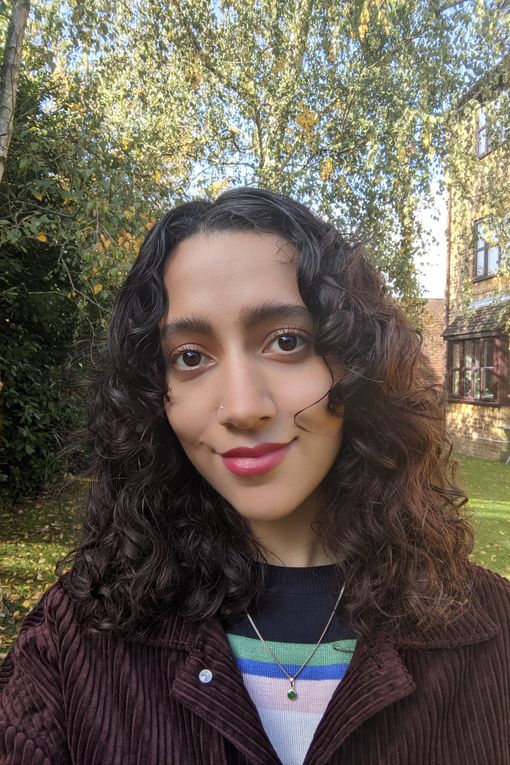
“Central is unlike any other academic institution that I have encountered before; an exciting and nurturing place to embark on both academic research and creative practice. The binaries between ‘practice’ and ‘research’ are often blurred, with a strong emphasis on individual creativity as a valuable resource for pushing boundaries within institutions and beyond. At Central, you are given a wide range of opportunities to engage with non-HEIs, which develop skills that apply to a range of different career paths.”
Nadine Deller
Nadine is a PhD Candidate undertaking a LAHP-funded Collaborative Doctoral Award with Central and the National Theatre which focuses on the position of Black women playwrights in the Black Plays Archive. Nadine is the creator of That Black Theatre Podcast and writes for the international film magazine, Sight & Sound.
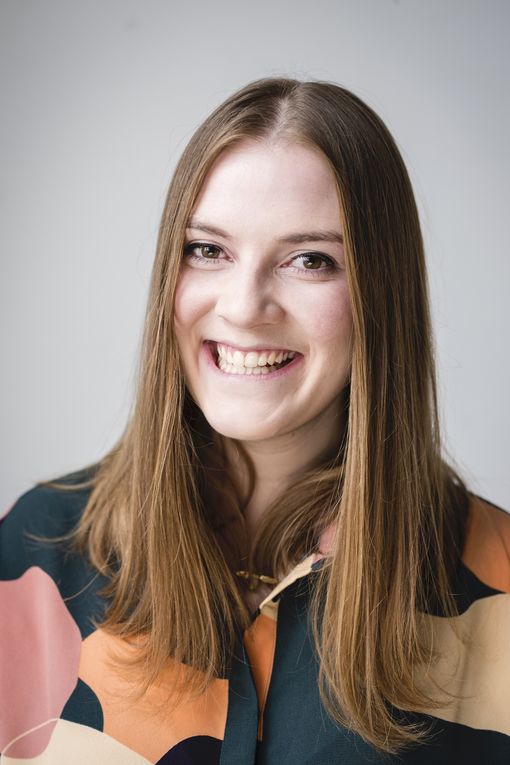
“Being a member of Central’s PhD community means I am part of ongoing critical discussions about the future of theatre and performance studies. I have developed a growing network of colleagues and friends who challenge my thinking and have contributed to me become a braver researcher and artist.”
Kate Duffy-Syedi
PhD candidate, visiting lecturer and theatre practitioner focussing on political and autobiographical theatre made with refugee and asylum-seeking performers.

